Several years go I received an emailed newsletter that I had subscribed to from a woman named Shelly Miller. The newsletter was for something called the Sabbath Society. I didn’t know what the Sabbath Society was or who Shelly was, but I was drawn to the newsletter and to her website because they were was so beautiful. That beauty offered a place to rest my eyes and my weary soul. I was so tired in those days. I was busy working, doing ministry, building a website and place for other people to rest, but rest was not something that felt in reach for me. The lists were too long. The amount of work to be done too great. Rest, I believed, was the reward you earn when you have finished your work. My work, however, was never finished; neither was my husband’s. But Shelly made a compelling case for keeping Sabbath and it was a case she kept making. Then I read her book Rhythms of Rest. Much like Ann Voskamp’s stunning book, One Thousand Gifts, had done for me years before, Rhythms of Rest spoke to me in ways I desperately, deeply needed right then. Over the years that have followed, through the steady rhythm of her words, Shelly has taught me to look at the possibility of living a life in rhythm with rest in ways I simply never could have conceived. Her work has changed the way I work. Through Shelly I have glimpsed the permission given us by God to live with a different measure of grace, to rest as a real gift, to rest as a way of life, not simply as defeat. Shelly’s words have changed me in ways too deep to really give description to, but the ripples of those words have changed not only how I live and work, but how my husband lives and works, too. Because I changed, in time he also changed. I bear testimony in my own life to the power of transformation that comes about when one person is faithful to be a message-bearer of even one word from God. Shelly’s word is Rest. May it also be yours.
Calling ~
LES: Shelly, you have become deeply linked as a message-bearer to the words Sabbath and rest. Why does rest matter?
SM: Rest matters because it has mattered to God since the beginning of creation. Ezekiel says, “I gave them my Sabbaths as a sign between us, so they would know that I the Lord made them holy.” We don’t often think of choosing rest as a sign of God’s covenant with us, do we? If Sabbath is a sign of God’s love, then what are we missing when we don’t choose to rest as a rhythm of life? In cultivating a Sabbath rhythm, I have discovered deeper intimacy with God that informs all areas of my life. For instance, much of my creative work is the outflow from weekly times of rest. When I pass over rest, I am prone to work for love rather than accept His love. And accepting I am loved, rather than striving for love means that I am free to become the person God envisions. I think that the fourth commandment begins with the word remember because God knows how easy it is for us to forget.
LES: Do you have a sense of calling in the work that you do and to this message? Why Sabbath and not some other key issue?
SM: Yes, I do feel specifically called to people who struggle with inner unrest and that can look a million different ways. As a personal development coach, there is nothing more fulfilling than leading someone to breakthrough in areas where they feel stuck or immobilized from moving forward. In Hebrew, Sabbath means to cease or to stop, but did you know that it also means to celebrate? The more responsible we become, the more guilty we feel about taking time to rest and play. Stats show that most Americans don’t even use all their allotted vacation days. Europeans are still stumped as to why that is! As a rest mentor, I’ve encountered countless people’s relationships, health, perspective, and spiritual life heal and flourish as a result of keeping Sabbath. Beginning is the hardest part but once you begin reaping the benefits, you won’t ever go back to living life without a rhythm of rest.
Craft ~
LES: When you have a full life with home, family, and ministry commitments to maintain, how do you weave the crafts of writing, coaching, and teaching into your days so you grow in excellence, but also so you don’t burn out? How do you create and manage margin in your life that is sustainable?
SM: I avoid burn out and maintain margin in my life by creating rhythms. Routines are structured and often concrete, meaning that one small misstep can lead to dire consequences. For instance, if you forget to take routine medication in the morning, by noon, you might feel horrible. On the other hand, rhythms are nuanced and unique to individuals.
Rhythms shift and adapt to the inevitable disruptions of life.
In terms of the writing life, I maintain a self-disciplined rhythm of sitting in the chair by 9am and finish writing by 3pm. Thursday is the day of the week that I choose to craft the weekly email sent to the Sabbath Society, sliding into inboxes around the world at 6am EST, every Friday since 2013. By lunch on Friday, the goal is to be finished with work and preparation for Sabbath begins. Fridays feel celebratory every single week. A rhythm of rest on Sunday can look different every week but the goal is restoration through intimacy with God.
LES: Connected to this, Shelly, how do you reconcile the increasing demand of developing business practices (social media, publishing, private coaching) that take time away from just practicing the craft of writing and growing in creative excellence?
SM: At the risk of sounding redundant, my answer is rhythms again. I limit social media connection to certain times of the day. Living in London, I am several hours ahead of most of my followers/readers in the United States, which tends to translate as a gift on most days. By the time I am eating lunch, some friends are just waking up on the East Coast. The time difference affords the opportunity to wait to post new content until work is finished for the day. Coaching clients are scheduled later in the day as well, making the time I set aside for writing focused and productive. While the time zone works in my favor, the way I order time during the week works the same when I am traveling. I begin the day in silence and solitude, waiting on God. What comes from mediating on scripture and listening for His voice informs my work every day.
If I don’t have anything profitable to say, I don’t post on social media that day. The goal is that peace dictates my life rather than the demands dictating my peace.
Character ~
LES: As someone who has been given the gift of some accumulated years and time to reflect on them, what has changed in you over the years of pursuing the creative work you do as a believer?
SM: I’ve learned that to be good at something takes time and practice. Most of the creatives we esteem practiced for many years before becoming known for their craft.
To be a trusted voice takes time and faithfulness. I’ve been writing about Sabbath every week for seven years and it still isn’t old or boring to me.
To own what it is that God is wanting to speak through your life requires time and discernment. The times when I have tried to rush a book proposal have not worked in my favor. God is never in a rush or hurried about getting your art into the world.
Reaching confidence in calling takes time and perseverance. We want to know what it is we are ultimately called to do in the world but tend to give up searching if the answer doesn’t arrive quickly enough.
Finding contentment takes time and humility. What has changed in me over the years? I’ve learned that waiting on God is a gift instead of a nuisance. My uncertainty is God’s opportunity to reveal the certainty of His love for me.
LES: So then, how does your faith intersect with the craft you practice?
SM: Without discerning God’s lead on the projects I take on, I feel a bit lost. Whatever I produce translates as flat and disappointing when it is created in my own strength. I long for the anointing of God on what I create because no one needs more of me, and we all need more of God. One hundred percent of the time someone shares a quote from something I’ve written, I can pinpoint when those words were written in a moment of divine inspiration. It often brings a smile to my face when that happens.
LES: All extended work (like Sabbath Society) has seasons that are lean; seasons that are either full of adversity or full of fallowness and lying empty. Both conditions are difficult to live and work through. In those seasons what motivates you to keeping going? How do you know when it’s worth going on? Do you ever wrestle with feeling you should stop or just let this all go?
SM: I do. Don’t we all? I’ve noticed that feeling of defeat—stopping or letting it all go—usually comes when I am in comparison mode or searching for the certainty of my worth in concretes like numbers or sales figures. Paul tells us to “Make it your ambition to lead a quiet life.” We are ambitious for many things, but not usually a quiet life. I get through fallow seasons by remembering that the cruciform life is not focused on producing but on living in communion with Christ. The two questions I offer as a prayer every day are these: How do you want me to worship you today? How do you want me to minister to others? When my mind and heart are set on Christ and others, it keeps me from turning inward and basing value on outcomes from what I produce.
Community (Core Relationships) ~
LES: Shelly, you and your husband H are both in long-term ministry and that carries some deep sacrifices and beauties. You moved to London for the sake of missions and ministry and you do Sabbath Society for the sake of ministry. There seems to be a tremendous exchange of mutual love and support between you and H on so many levels that shapes and nourishes the work you both do. For many of us, finding a common ground of harmony with our spouse related to our creative work can be difficult, but without them we have no real anchor to do the kind of work we do. Reflecting on your work, especially through the lens of creativity itself, what is H’s role in facilitating the labour you do. How do you nurture and cultivate your “ordinary life” – home life, children, friends, to create the “soil” out which you both life and serve?
SM: H and I have always translated our unique gifts as complimentary, not competing. Every day after work, we share the details of our days, process conundrums, celebrate accomplishments, and keep each other accountable. We champion and support one another. In the limited margin he has between two roles with the Anglican Church in London, H edits podcasts for Patreon, provides technical support for Sabbath Society Circles, and oversees the layout, design, and sales process for Sabbath Roots. He even has a Google alert on his phone for shares about Rhythms of Rest. On my first speaking tour, I was away from home for weeks and he was tracking sales; sending me texts and photos. He is my biggest fan and the first to suggest a writing retreat if I have many words to write, even when that isn’t what he wants selfishly.
A rhythm of Sabbath has paved a healthy work life balance for us both. Rest flows into the other six days of the week. In preparation for Sabbath, I enjoy creating a warm and cozy atmosphere in our home, shopping at markets for fresh produce, cooking something aromatic on the stove, lighting candles and watching movies or reading books after the sun goes down. We schedule dinner parties with friends and visit new places in London on weekends. Because England is a wealth of beautiful, charming destinations of interesting merit, once a quarter H takes a long weekend and we plan an outing to an historic palace or garden. Because we live an ocean away from my daughter, Murielle, she and I have a routine video chat every Monday. That rhythm of checking in has deepened our friendship over time.
LES: How do your two children influence your work? What role do your friends play in the work you do as a writer and message-bearer, and how do your readers influence you?
SM: I have learned so much from my children. Their insight and wisdom often provoke the stories I write. I think I have learned more about my weaknesses and strengths through mothering more than anything else I have undertaken. Which ultimately, makes me a better leader.
My friends and readers play an integral role in my creative work. Without them, I couldn’t do what I’m doing. The Christian writing community in the US provides a safe haven for being a student of the craft. Fellow authors have come alongside to champion, promote, open doors, influence, encourage, and generously share from the wealth of their experiences. I’m terribly grateful for apps. In London, I meet regularly with three girlfriends who are all in different facets of creative work—a writer/filmmaker, editor, and author/speaker. We network and pray for one another ongoing.
Without readers, the writing life would be elusive for me. I’m thankful for a highly engaged audience who write to me regularly and share vulnerably, informing my work and helping me to become a more effective minister of the messages God has placed upon my heart. Over the years, many have become intimate friends and patrons. That has been a surprising outcome I didn’t expect when I began writing from passion nine years ago.
Challenges ~
LES: Is cultivating a life shaped to bear a specific message worth the risks, the things you give up in the way of security, the cost emotionally to wrestle with doing right and make beauty bravely? Looking back on the path you and H have taken, would you do anything differently if you could do it over?
SM: Bearing a specific message is worth whatever risks involved because of the life-changing outcomes that result from faithfulness and perseverance. I guess I don’t translate whatever hardships I’ve encountered as loss, but a pathway to peace. We must often wrestle through uncomfortable insecurity to find that God is our ultimate comfort and security no matter what comes. As I look back, I have no regrets because even in our mistakes and missteps, we learned more about ourselves and have matured in faith as a result. H and I have moved nine times in thirty years of marriage and each place and situation has included unique challenges. There are some seasons of life we would not want to revisit but even in those unlovely times, there is no regret because we see fruit from our labor despite loneliness, disappointment, and unfulfilled longings. We are continuing to learn how to be content with how God sees the world, rather than finding contentment based on how we wish the world might be.
Comforts ~
LES: In all of the work we do there are hard things but there is also something good, something lovely or positive in it, too. Even with the sacrifices and seasons of dry places, what do you love, Shelly, about your creative life in Christ? What is especially satisfying and makes it seem worthwhile? What comforts you when things are disappointing? Is it possible to cultivate those comforts in a wholesome way that really are good and life-giving and don’t become practices of avoidance or addiction?
SM: Relationships, that’s what I love. Being an author has allowed me to cultivate friendships with people around the world that I never even knew existed. The satisfaction from writing in isolation are the daily responses I receive from readers detailing how a book or piece of writing has changed their thinking or perspective in some small or large way.
Is transformation ever small? To me, it all feels grand.
I love meeting readers in person and coming alongside to listen in coaching conversations. For me, there is nothing more fulfilling than experiencing a breakthrough with someone in an area where they have been stuck for years.
What brings me comfort when the costs of ministry by way of writing, speaking, and coaching outweigh the returns? Changed lives are more valuable to God than my bank account or resume. And I’ve never been without a roof over my head, warm water falling out of the tap, a full refrigerator of choices, and people around me for support. I am rich but not in the way the world quantifies wealth. I find perspective in looking back, remembering how God has been faithful, even in fallow seasons.
As a creative, it’s easy to become addicted to affirmation; to look at numbers as a measurement of value and worth in the word. But our worth and value are affirmed in being children of God.
A heart at rest is a heart that knows it is loved.
LES: In reflecting on this past season of growth for the Sabbath Society and in your own personal life, where have you seen the Lord be distinctively faithful in the way that He has grown you creatively and in faith? How does He give you the courage to take the next steps in what He has called you do and to be?
SM: I’ve been leading the Sabbath Society for six years and writing for nine. He is faithful in showing me where my thinking is screwy and where I am making assumptions based outside of truth. For instance, I grew up with a single mother and a father who was absent most of my life. Living on survival mode, I acquired the belief that I was handicapped to know how to live like the rest of the world. As I grew up, I realized what I translated as a handicap was actually a pathway to learn how to trust God as my Provider. From a young age, I’ve been aware that God has been faithfully, steadfastly, meticulously parenting me into adulthood. I am prone toward perfectionism as my reaction to uncertainty, but the certainty of His love gives me the courage to step into the unknown.
Cultivating ~
LES: As a regular part of Cultivating and The Cultivating Project, we talk about the practices of cultivating – the deliberate choices we must make in order to produce and nurture expressions in our lives of what is Good, True, and Beautiful. We cultivate by choice to produce a crop. What is the fruit that you most want to see grown with your life?
SM: Wow, that’s such a though provoking question! The deliberate choices we make come from what we value in life. Cultivating friendships and beauty are high values for me, therefore, I make deliberate choices to be present with people in ways that are meaningful, whether in person or online. And I am intentional about how I use my time as well, knowing that each day is a gift. Whether it’s a photograph shared on Instagram or in a blog post, words written in a book or article, or decorating my home for a cozy dinner party, I pray that the fruit of my life will be the transformation that happens when others encounter Christ through what I create.
Connecting ~
LES: How can Cultivating readers get more connected with you and learn more about cultivating rest in their own lives?
SM: I post photos and stories from London on Instagram several times a week and enjoy engaging with followers in the comments and messages.
Connect with me every Friday through the weekly Sabbath Society letter that slides quietly into your inbox with encouragement and practical help.
If you are stuck in transition, need clarity about looming opportunities, or long to discover purpose in your current season of life, let’s start a conversation about coaching.
If you are lonely, longing for rest, or an anglophile that longs to live in London, you can read how those themes intersected for me in Rhythms of Rest: Finding the Spirit of Sabbath in a Busy World. Want to explore God’s heart for rest personally or in a small group? Sabbath Roots is a great companion. Watch for my forthcoming book, Searching for Certainty: Finding God in the Disruptions of Life, releasing in October with Bethany House.
Practice what you have learned & received and heard & seen in me – model your way of living on it, and the God of peace (of untroubled, undisturbed well-being) will be with you.
~ Philippians 4.9
To Practice:
~ Where do you sense the longing in your own life for rest? Can you write down places that you feel overworked and burdened, and feel hopeless about ever be able to rest? Can you share that with the Lord?
~ What qualities in Shelly do you see reflected in her that you can imitate? Do you see strengths in her that you can also practice to help shape your own rhythms of rest?
~ How might you create space in the way you live to make room for margin and welcoming a rhythm of rest? Would you allow the Lord to help you with that?
The images of Shelly Miller here are (c) Lancia E. Smith and used with glad permission for Cultivating and The Cultivating Project.
Lancia E. Smith is an author, photographer, business owner, and publisher. She is the founder and publisher of Cultivating Oaks Press, LLC, and the Executive Director of The Cultivating Project, the fellowship who create content for Cultivating Magazine. She has been honoured to serve in executive management, church leadership, school boards, and Art & Faith organizations over 35 years.
Now empty nesters, Lancia & her husband Peter make their home in the Black Forest of Colorado, keeping company with 200 Ponderosa Pine trees, a herd of mule deer, an ever expanding library, and two beautiful black cats. Lancia loves land reclamation, website and print design, beautiful typography, road trips, being read aloud to by Peter, and cherishes the works of C.S. Lewis, J.R.R. Tolkien, and George MacDonald. She lives with daily wonder of the mercies of the Triune God and constant gratitude for the beloved company of Cultivators.
Leave a Reply
A Field Guide to Cultivating ~ Essentials to Cultivating a Whole Life, Rooted in Christ, and Flourishing in Fellowship
Enjoy our gift to you as our Welcome to Cultivating! Discover the purpose of The Cultivating Project, and how you might find a "What, you too?" experience here with this fellowship of makers!
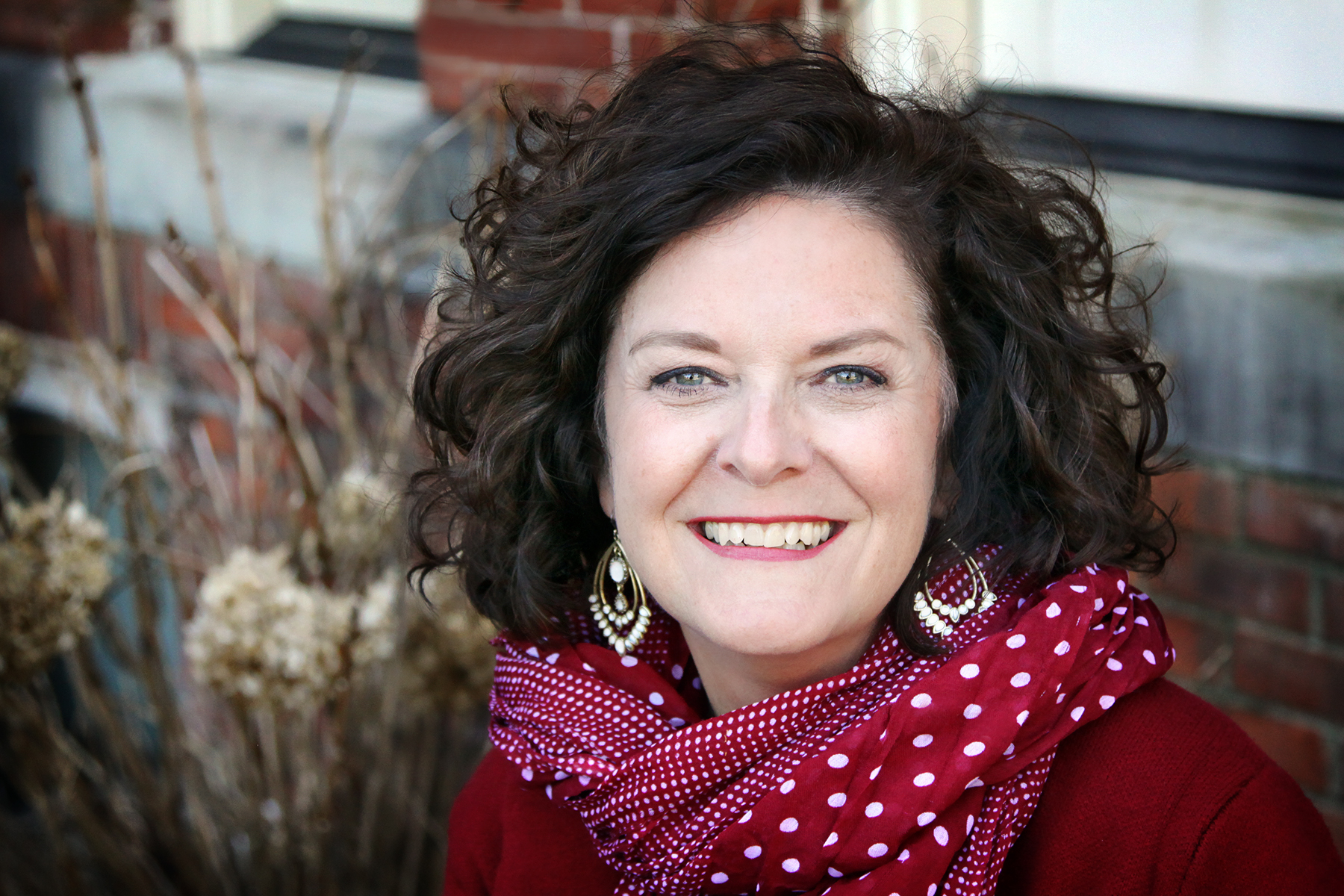
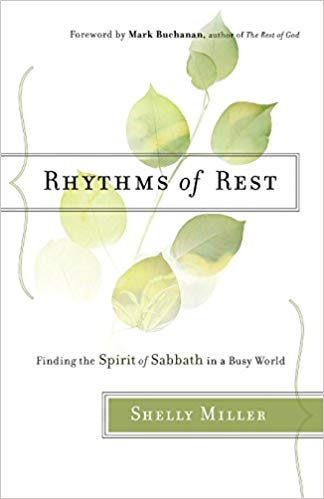

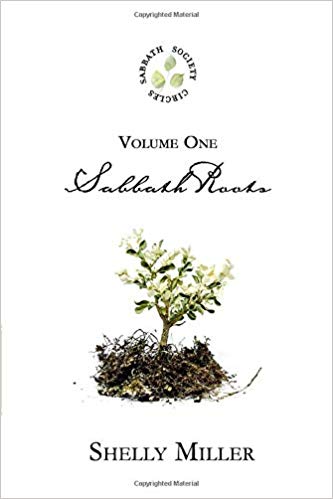
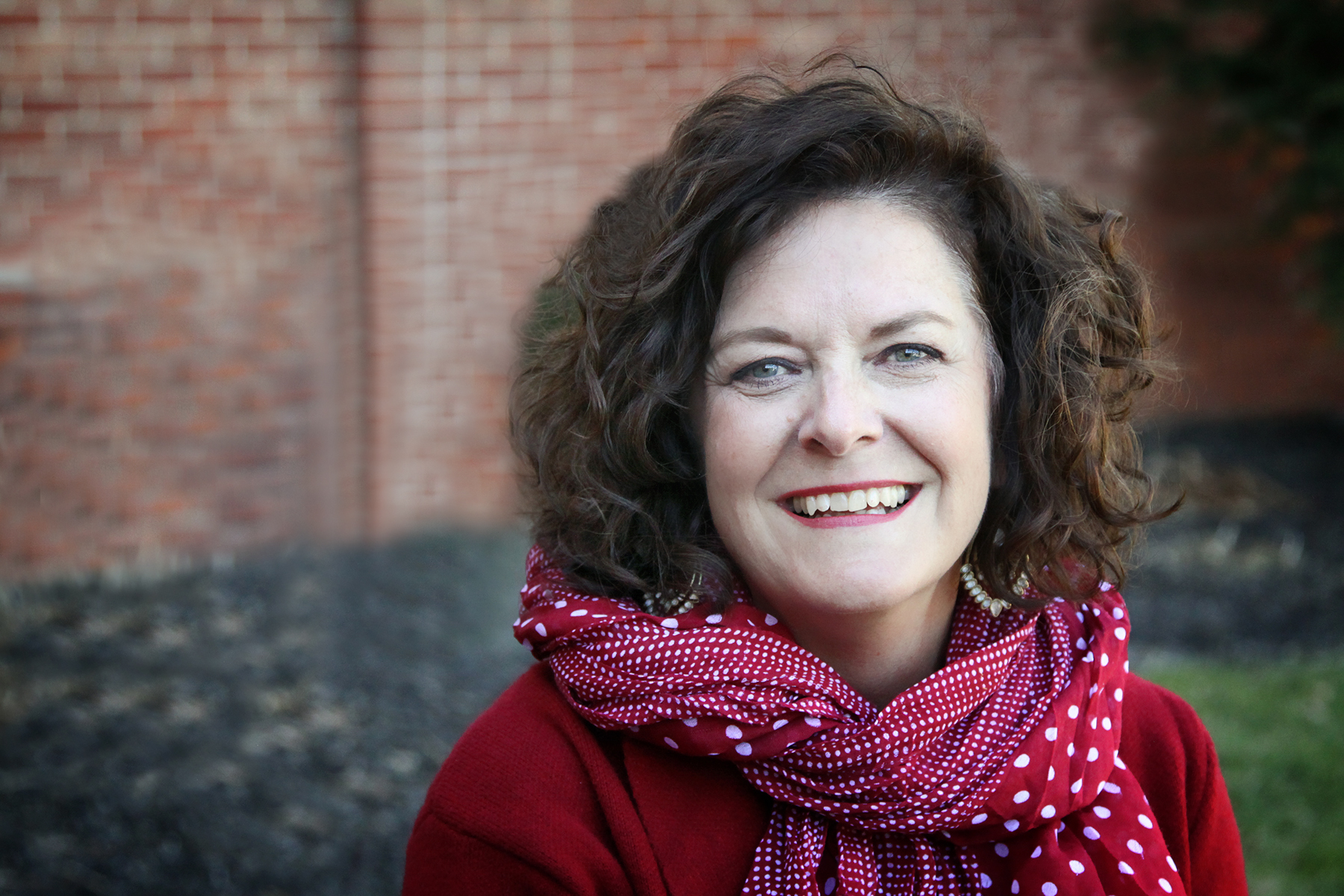
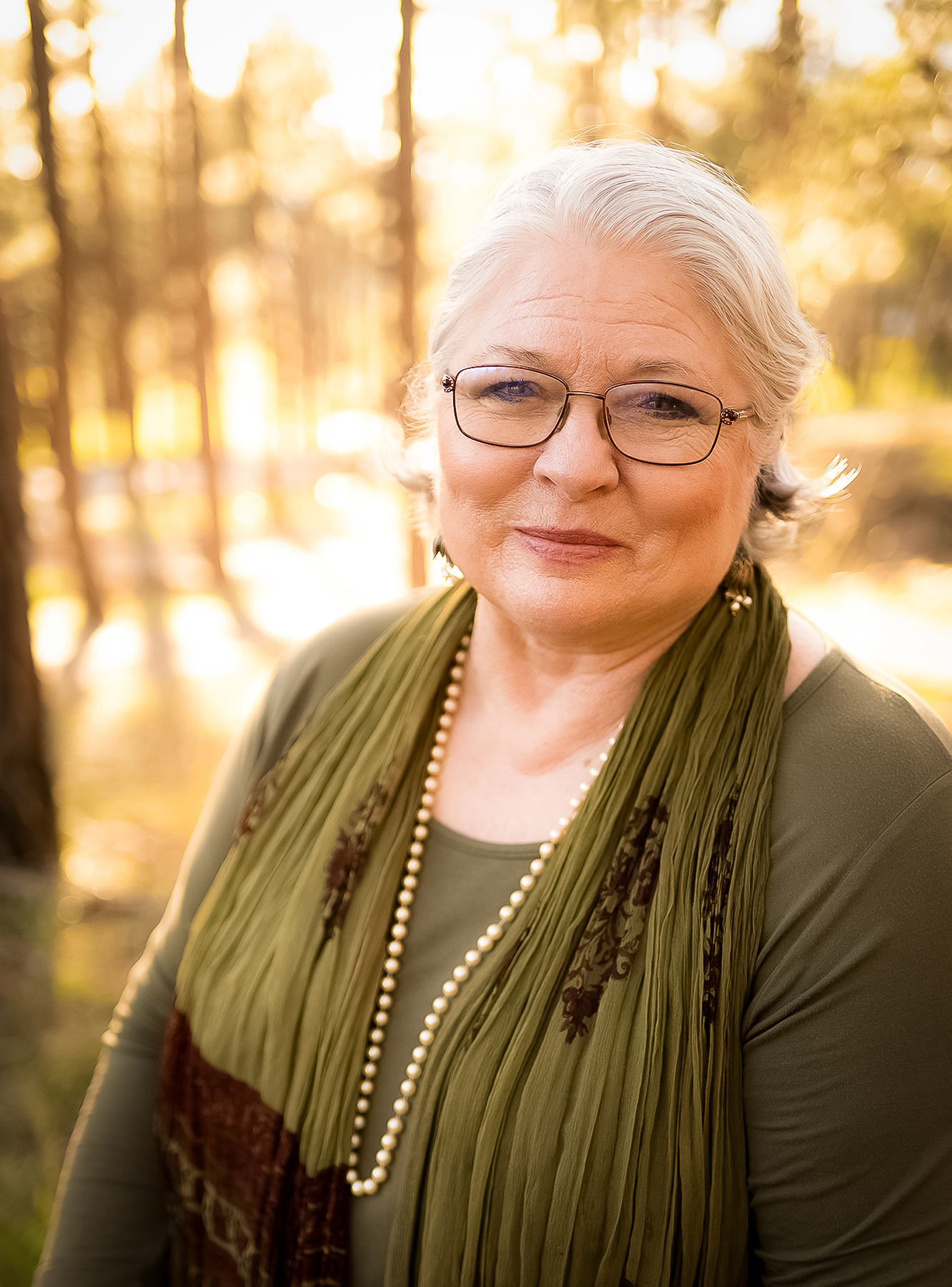
What a sweet surprise to find this interview with Shelly here! (And how perfect for the theme!) The establishment of sabbath rhythms in my own home are largely due to her letters and her gentle, excellent example. Thank you both for this, Lancia and Shelly. I’m going to return to this again to soak in more of the wisdom here, and set it into practice.
Amy, Shelly has had such a profound influence on me through weekly letters and faithful admonitions. I am so glad to know you and I have that in common, too! I so appreciate her distinctions between routines and rhythms! And I have much to learn there. We can be companions in the practicing! Blessings and every grace to you, dear heart!
Thank you both for this.
The line that stood out most to me (among so many others) was this: “I guess I don’t translate whatever hardships I’ve encountered as loss, but a pathway to peace.”
Given Dave’s recent Parkinson’s Diagnosis, my own pathway to peace is littered with a whole lot of unknowns right now, so I appreciate the refocusing that Shelly so beautifully provides in this response.
Jen,
It is my pleasure to bring this interview with Shelly to you and I am grateful to know it speaks to you. Shelly is such a remarkable person, brave in ways most people would not be quick to identify as brave, but her steady hand and faithfulness all stem from courage. I pray for both our sakes that we follow her example and press on for the goal line which is Christ! Praying for you and for Dave!
Thank you for this lovely interview with Shelley. Such though provoking questions that I want to spend Sabbath time dwelling on and resting in the answers God reveals to me. Your lovely magazine is a gift of peace.
Thank you, Linda, for your kind words regarding Shelly’s interview and about Cultivating. I am grateful to know that we can offer you a lovely place to rest and pray that peace will prevail in every way in your own life. Many blessings to you and welcome to Cultivating!